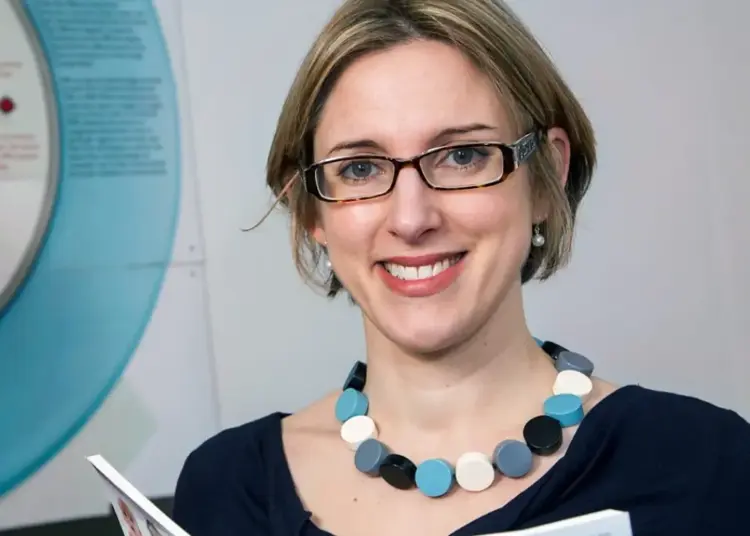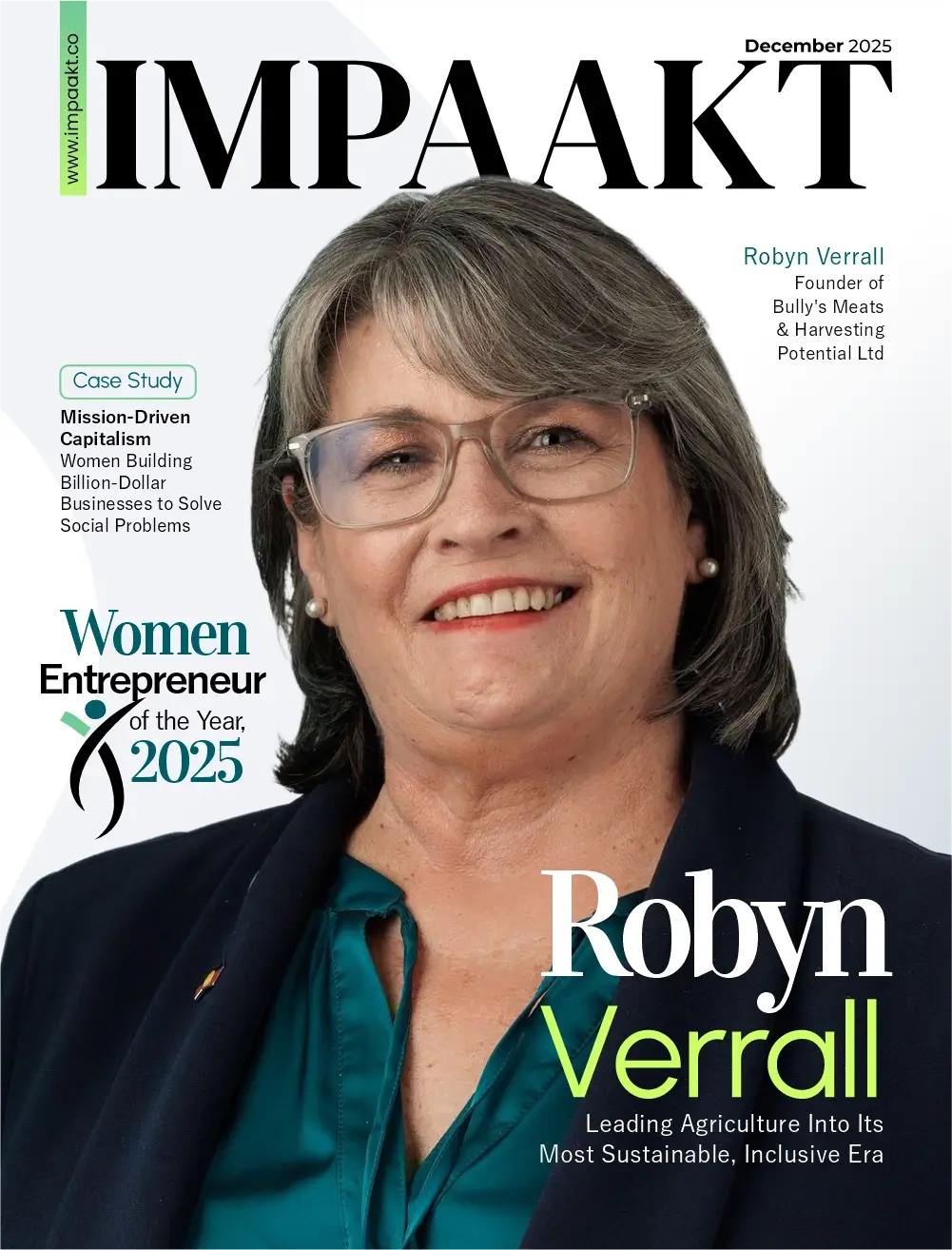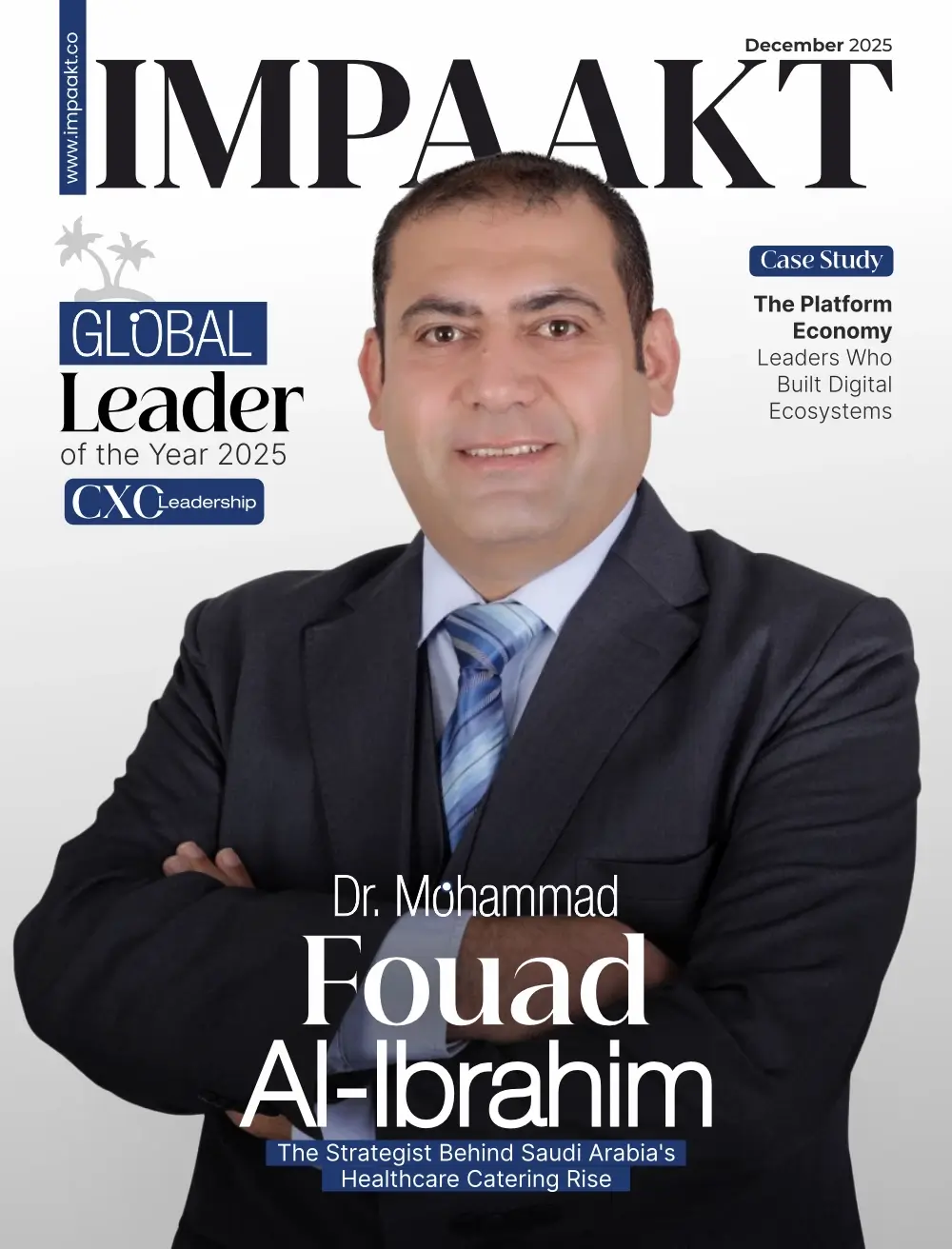We joke about teenagers constantly. The mood swings, the risk-taking, the seeming inability to think ahead; it’s all fair game for eye-rolling and exasperation. For generations, adults assumed teenage brains were essentially adult brains with less impulse control. Scientists believed brain development finished in childhood.
They were spectacularly wrong. And Sarah-Jayne Blakemore proved it.
Following Questions, Not Credentials
Born in Cambridge in 1974, Blakemore’s path to revolutionizing adolescent neuroscience wasn’t linear. She studied experimental psychology at Oxford’s St John’s College, graduating with a congratulatory first in 1996. Her PhD at University College London took an unexpected turn—working with Chris Frith and Daniel Wolpert, she investigated self-processing in schizophrenia, far from the adolescent research that would later define her career.
But Blakemore’s brilliance lies in following compelling questions wherever they lead. After her PhD in 2000, she took a parliamentary POST Fellowship, then spent two years in Lyon, France, studying how the human brain perceives causality. Each step seemed disconnected until suddenly it wasn’t. Royal Society Dorothy Hodgkin Fellowship. Royal Society University Research Fellowship. Each recognition gave her freedom to pursue increasingly ambitious research.
Then came the question that changed everything: What if the teenage brain isn’t just an immature adult brain? What if adolescence represents a distinct, crucial period of neural development that we’ve completely misunderstood?
When Brain Imaging Rewrote the Rulebook
Until recently, neuroscientists lacked the tools to properly study living, developing brains. Brain imaging technology changed that, and Blakemore was positioned perfectly to capitalize on the breakthrough. As Professor of Psychology and Cognitive Neuroscience at the University of Cambridge and leader of the Developmental Cognitive Neuroscience Group, she began mapping exactly what happens inside adolescent brains.
The findings demolished conventional wisdom. The adolescent brain undergoes massive reorganization, particularly in regions controlling social cognition, decision-making, and risk assessment. This isn’t a bug—it’s a feature. The seemingly irrational teenage behaviors that frustrate parents and teachers are actually essential to healthy development.
Why do teenagers care so intensely about peer relationships? Their brains are wired to. Why do they take risks adults would avoid? Their neural reward systems are calibrated differently. Why do so many mental illnesses—depression, addiction, schizophrenia—emerge during these years? Because adolescence represents a period of both extraordinary opportunity and significant vulnerability.
Blakemore didn’t just identify these patterns. She explained the mechanisms behind them, publishing over 200 papers in scientific journals and fundamentally transforming how researchers, educators, policymakers, and parents understand adolescence.
Translating Science into Public Understanding
Many brilliant researchers struggle to communicate beyond academic circles. Blakemore does the opposite. She makes complex neuroscience accessible without dumbing it down. Her 2012 TED talk on the mysterious workings of the adolescent brain has been viewed over four million times. In 2015, she was interviewed on BBC Radio 4’s “The Life Scientific,” bringing her research to mainstream audiences with remarkable clarity.
Her 2018 book, “Inventing Ourselves: The Secret Life of the Teenage Brain,” became a cultural phenomenon. It won the Royal Society Insight Investment Science Book Prize and the British Psychological Society Book Prize. Critics praised not just the science but the humanity. Blakemore writes about adolescent development with deep respect for teenagers themselves, treating this life stage as worthy of celebration rather than condemnation.
She collaborated with teenagers on “Brainstorm,” a play written and performed by young people that ran at London’s National Theatre. She regularly gives public lectures at schools, served on advisory boards for the UK Department for Education and Singapore’s Ministry of Education. She co-authored “The Learning Brain: Lessons for Education” with Professor Uta Frith, directly connecting neuroscience research to educational practice.
This is integral to Blakemore’s mission. Understanding adolescent brain development has profound implications for education policy, mental health interventions, juvenile justice reform, and how we structure opportunities for young people.
Recognition from Every Direction
The accolades tell their own story. British Psychological Society Doctoral Award. Spearman Medal for early career research. Swedish Neuropsychology Society Award. Royal Society Rosalind Franklin Award in 2013. Klaus J. Jacobs Research Prize in 2015. British Psychological Society Presidents’ Award in 2018. International Union of Psychological Science Quadrennial Major Advancement in Psychological Science Prize.
In 2014, The Times named her to their Young Female Power List. The Sunday Times included her as one of only four scientists in their 100 Makers of the 21st Century. She’s been elected Fellow of the British Academy, the American Association of Psychological Science, the Academy of Medical Sciences, and in 2024, the Royal Society, one of the highest honors in British science.
Currently serving as Deputy Head of Department for Research at Cambridge’s Department of Psychology, Blakemore holds the Chair of Psychology in the Social Sciences. She’s a High Table Fellow at Newnham College and Gonville and Caius, and a Bye-Fellow at Emmanuel College. She’s an Honorary Fellow of St John’s College Oxford, where her journey began.
Reshaping Policy, Practice, and Perspective
Blakemore’s research doesn’t just explain teenage behavior—it’s actively reshaping how institutions respond to adolescents. Her work informs mental health strategies, recognizing that adolescence represents both peak vulnerability and peak opportunity for intervention. Education systems are reconsidering discipline policies in light of her findings about adolescent brain development. Legal systems are reexamining how they treat young offenders.
She serves on scientific panels for the Royal Society, Academy of Medical Sciences, and The Times Education Commission. Her influence extends to Singapore’s National Research Foundation. She previously co-directed the Wellcome Trust PhD Programme in Neuroscience at UCL, training the next generation of researchers.
What makes her impact distinctive is the nuance. Blakemore doesn’t offer simplistic parenting advice or easy answers. She presents what the science actually shows—including its limitations—and trusts her audience to engage with complexity. She’s upended the deficit model of adolescence, the idea that teenage years are simply a problem to be managed, and replaced it with a developmental model that recognizes adolescence as a vital period of creativity, learning, and growth.
The Work Ahead
As the daughter of renowned neuroscientist Colin Blakemore, who passed away in 2022, Sarah-Jayne inherited a commitment to rigorous research that serves society. Her lab continues investigating how social context, peer influence, and mental health intersect during adolescence, integrating behavioral science, neuroimaging, and developmental methods.
The questions driving her research remain urgent: How can we support adolescent mental health more effectively? What interventions actually help during this critical developmental window? How do we structure educational environments that work with adolescent brain development rather than against it?
Every teenager alive today will benefit from Blakemore’s research, whether they know it or not. Every educator, parent, policymaker, and mental health professional now has access to insights that simply didn’t exist a generation ago.











